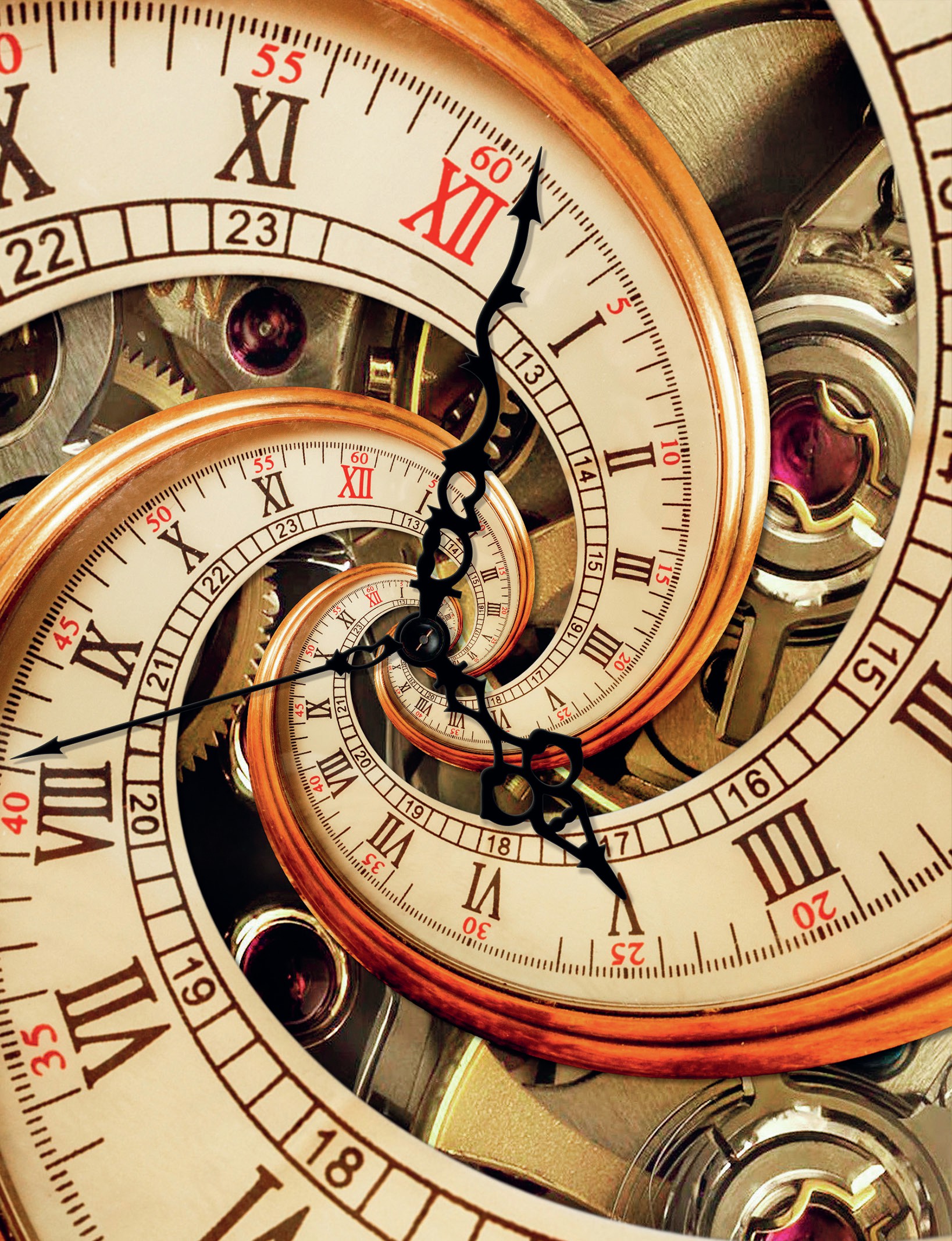
AQA (A): Paper 1 Love through the ages
The phrase poetic licence describes language used inaccurately, incorrectly or in some way that is at odds with normal, everyday conventions. We say that someone employs poetic licence when they exaggerate or lie, or when they deploy words in a particularly strange or unconventional manner. But where did that idea of poetic licence come from and what does it have to do with poets? Identifying and exploring a poem’s verbal licences allows us to connect its form and its meanings, guiding us to clues for its interpretation. My examples are taken from the pre-1900 section of the AQA Anthology of Love Poetry through the Ages, but keeping an eye out for poetic licences in whatever texts you study can strengthen your analysis of many different kinds of poems.
Your organisation does not have access to this article.
Sign up today to give your students the edge they need to achieve their best grades with subject expertise
Subscribe




